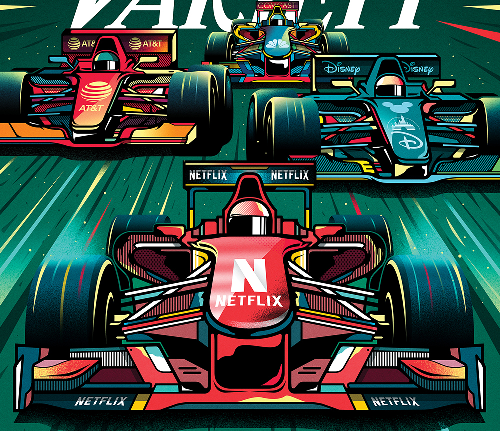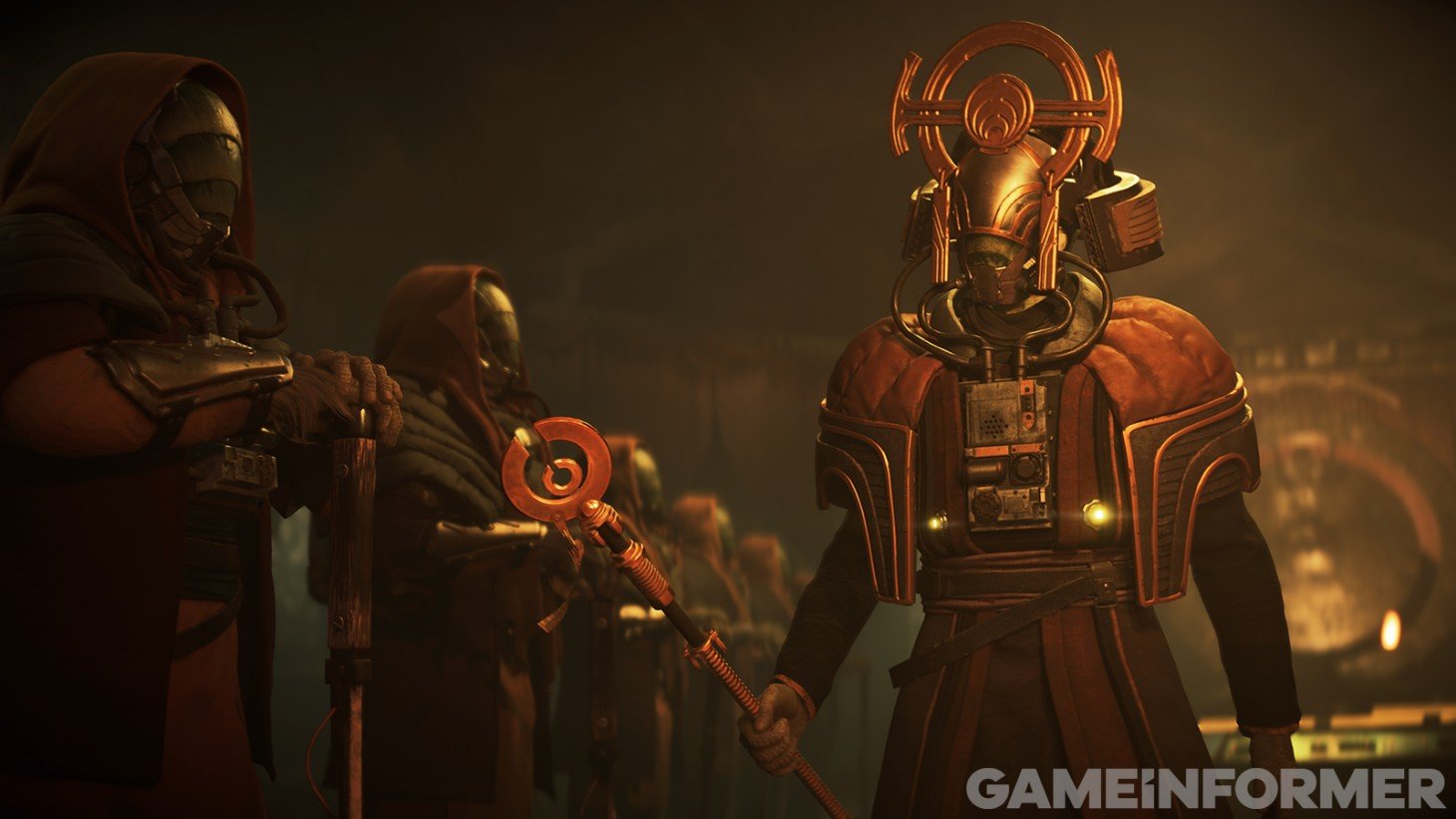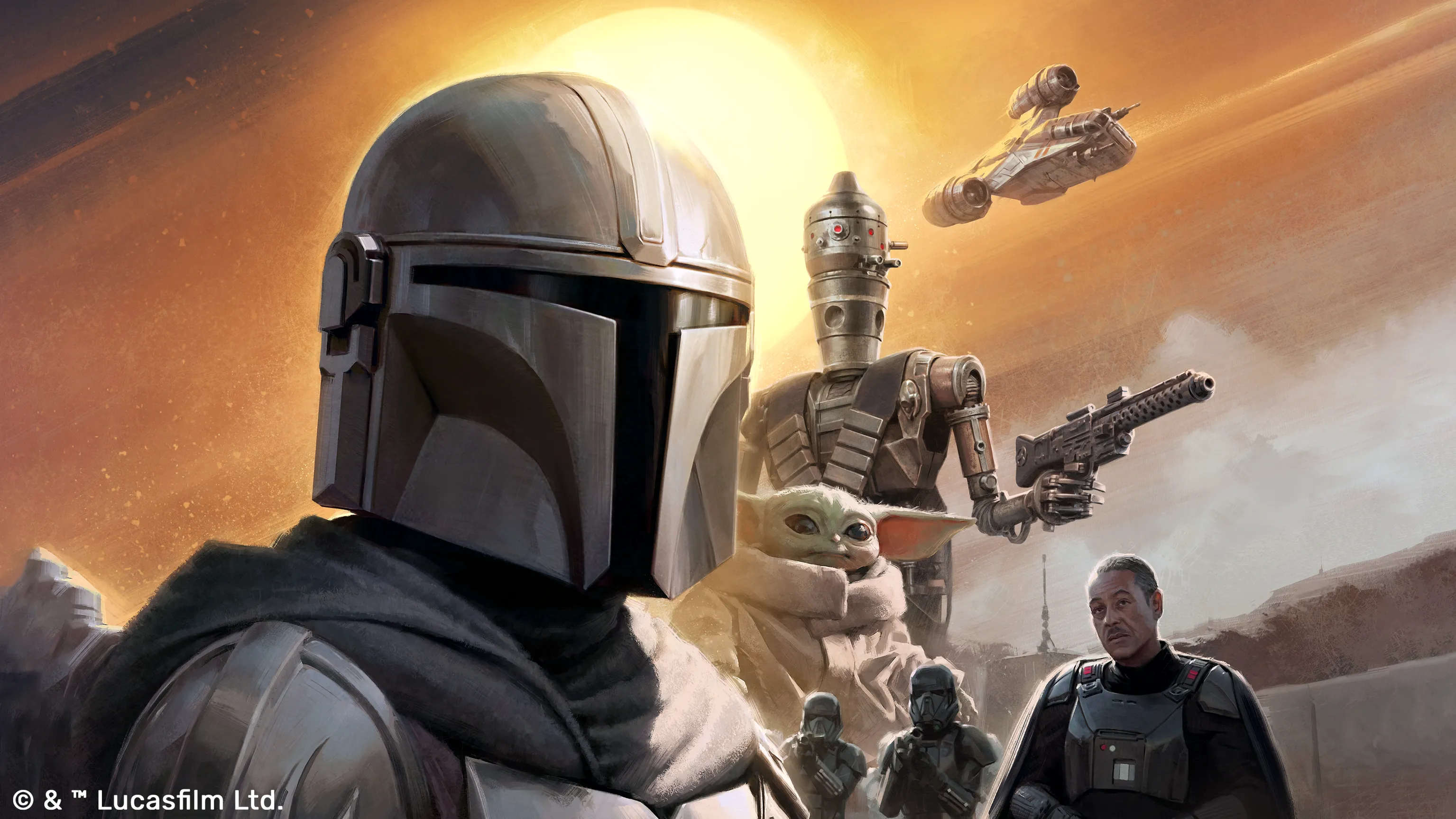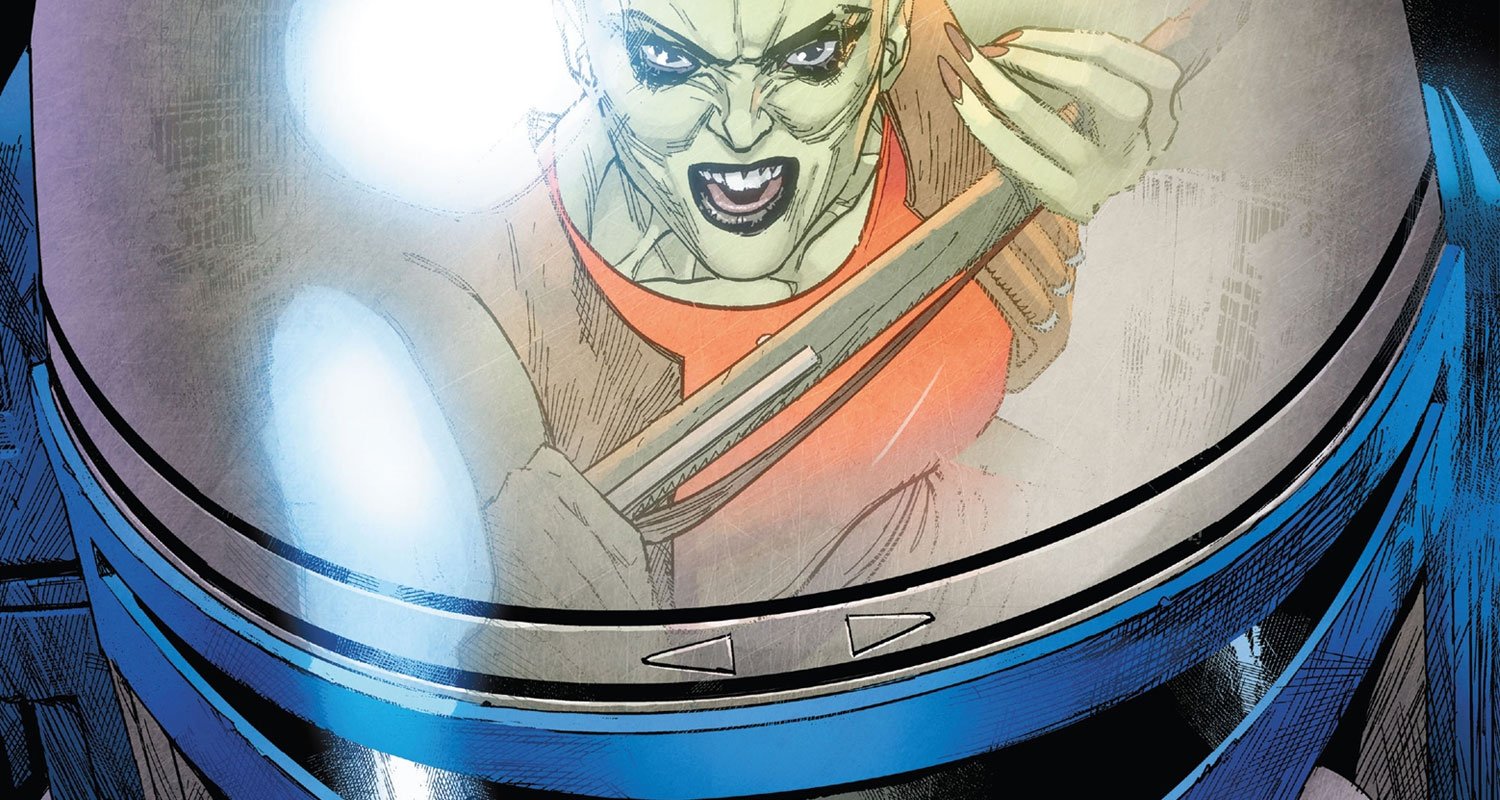Disney, AT&T, and Comcast’s Plans to Compete With Netflix Revealed

With Netflix continuing to rise in the entertainment industry, three of the biggest content producers for movies and television – Disney, AT&T, and Comcast – seek to reinvent how they distribute content for the consumer. Variety has the details in an extensive article on their website, but we’ll break it down for you here.
Sweeping changes have already happened to the media industry in the past two years, between AT&T buying Time Warner (now WarnerMedia, the parent company of Warner Bros.) and Disney and Comcast bidding for control over 21st Century Fox’s and Sky’s assets (with Disney gaining the former and Comcast gaining the latter), and not to forget the potential re-merging of Viacom and CBS Corporation. There’s already speculation that it’s only a matter of time before Sony Pictures and Paramount’s entertainment assets are bought out by another giant, as the “Big Six” movie studios are on their way to becoming the “Big Five”, and possibly even fewer as the trend of media consolidation continues. All this furor is in reaction to Netflix, a company that’s only been making original content for six years.
But it’s not just Netflix that these traditional media companies have to worry about. Other media giants want in, between Amazon already establishing itself as a force to be reckoned with via Amazon Prime, Google already having a massive platform for content in YouTube that they want to take further advantage of with YouTube Premium, Apple having a large distribution platform for all sorts of content that could easily be remolded into a streaming platform, and Facebook having a sizable userbase to take advantage of as they seek to expand their horizons with a free service. And if the “Big Six” as they currently exist are antsy, then smaller companies like Lionsgate Entertainment and STX Entertainment probably have a lot more to worry about.
Disney is leading the way with their platform, currently being referred to as Disney Play, which is being described as CEO Bob Iger’s #1 priority for 2019 (keep in mind, that’s a year which Disney will be releasing massive blockbusters like Avengers 4, Toy Story 4, The Lion King, Frozen 2, and Star Wars Episode IX). Since Disney’s plans to buy a nascent Netflix didn’t pan out, the company has decided to ditch that platform (which nets them $300M annually) and start their own. With a successful streaming service for their family-friendly content, Disney won’t have to rely paying on competing distributors like AT&T and Comcast for a cut of their own potential profit. In addition, Disney will have a controlling 60% stake of Hulu with the completion of their acquisition of 21st Century Fox, which is where they plan to put more adult-oriented works and otherwise family-unfriendly content, and ESPN+ is their big hope to get around the issues of cord-cutting.
Meanwhile, AT&T and Warner already have a number of streaming platforms on the market in addition to their 10% stake in Hulu, including DramaFever for Korean dramas, HBO Now for HBO’s premium content, and Boomerang and FilmStruck for old-school cartoons and movies. Currently, another is in development DC Universe, which distributes comics in addition to several (but not all) classic DC Comics shows and movies. As people cut cords from DirecTV to go for services like Netflix, transitioning to a digital platform was crucial for Warner Media, which is why they sought a buyout from AT&T in the first place. HBO is said to be central to Warner’s expansion, as the company wants to place emphasis on creating a big streaming platform that can attract tens of millions of subscribers instead of subscribers in the seven-digit frame. In other words, they’ll be willing to put even more money into HBO if it means they can attract a bigger audience than they already have in the age of Game of Thrones.
Comcast, conversely, has NBC Sports Gold for their sports fans and a minority 30% stake in Hulu. Had they won the bid for 21st Century Fox, they, and not Disney, would have a controlling share over Hulu. However, since Disney has relented on the Sky-purchasing portion of their landmark deal with Fox, Comcast has an ace up their sleeve: Sky, a distributor that already reaches millions across Europe. They’ll need that considering that their previous platform for comedy-related content, Seeso, went defunct less than two years after it started up. While Comcast hasn’t announced its own counterpart to Netflix as of yet, there are rumors that such a platform will be inevitable, with one such rumor indicating that viewers for said streaming service can get points for watching NBC shows and Universal movies on the platform.
Hulu itself ties into all three conglomerates (Disney, AT&T, and Comcast, who will have 60%, 10%, and 30% shares in the company after Disney acquires Fox) and is of particular interest since its operations are only in the United States. As it stands, it’s not clear how things will proceed for the smaller parties involved once Disney has a majority stake in the company, but it will have to serve as an important part of the forthcoming “streaming wars” if all three companies hope to hold their ground against Netflix.
Grant Davis is a freelance writer who has covered entertainment news for more than seven years. His articles have frequently appeared in Star Wars News Net as well as as other entertainment-related websites. As someone who grew up on Star Wars and comic book movies, he’s completely thrilled with the current era of genre entertainment.







